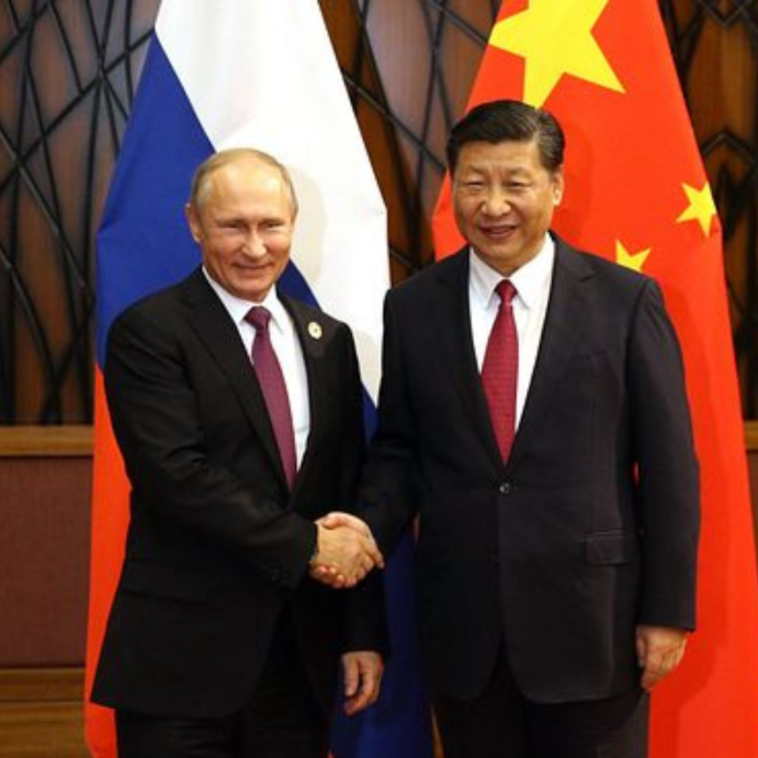Recently growing China-Russia relations with Iran and North Korea make the UK check on their own defense budget. The concerns focus on the increasing military and trade connections among Russia, China, Iran, and North Korea. Although they are not yet forming a coordinated bloc reminiscent of a cold war alliance, their strengthened bilateral relationships since Moscow’s invasion of Ukraine have raised apprehension among defense officials and policymakers.
“Axis of upheaval” says head of the British army
Gen Roly Walker, the head of the British Army, has referred to it as the “axis of upheaval”. On the other hand, George Robertson, the new head of the UK’s defense review, has labeled the countries the “deadly quartet.”
Regardless of the terminology, the emerging geopolitical alignment is being flagged as a threat less than a month into the new Labour government. Richard Fontaine, co-author of “The Axis of Upheaval,” stated that Russia has driven this shift.
The prolonged Ukraine war has led Moscow to procure Shahed drones from Iran, artillery shells from North Korea, and microelectronics and other materials from China to sustain its military efforts.
“There is glue bringing them together” says Richard Fontaine
Russia is providing record amounts of inexpensive crude oil to China, surpassing Saudi Arabia as Beijing’s top supplier in 2023, and is also supplying defense technology and intelligence to Tehran.
Tehran’s drone and missile strike on Israel in April employed tactics similar to those used in Ukraine. Last month, Russian President Vladimir Putin visited Pyongyang and signed a mutual defense agreement with North Korea.
“You are not seeing leaders of all four countries coming together and holding summits, but there is a glue bringing them together,” Fontaine said. “There is Russia’s need for support for its war in Ukraine but it is taking place against a broader rejection of the rules-based international order,” in other words, scepticism or even hostility to the post-cold war dominance of the US and its allies.
“The prime minister completely agrees with the thrust of the head of the army,” said Keir Starmer’s spokesperson. Labour defence sources said the general was “talking about re-establishing credible deterrence” by calling for the army to double its productivity or lethality by 2027.





GIPHY App Key not set. Please check settings